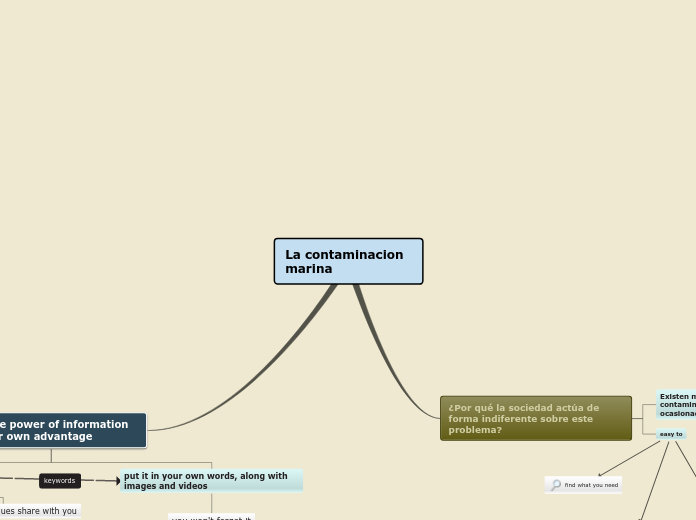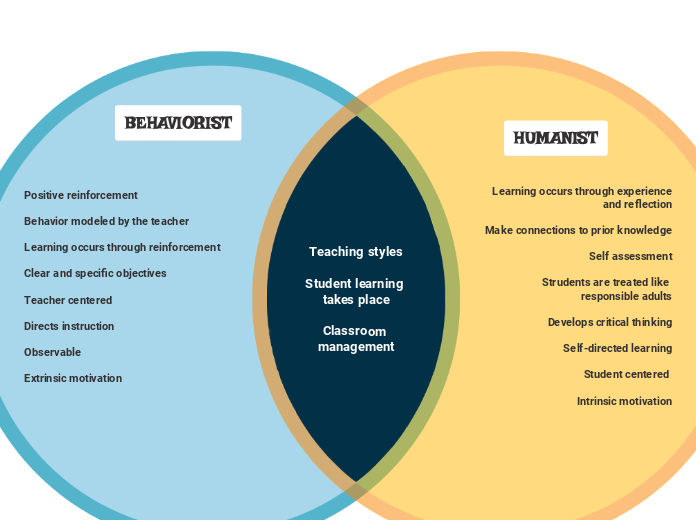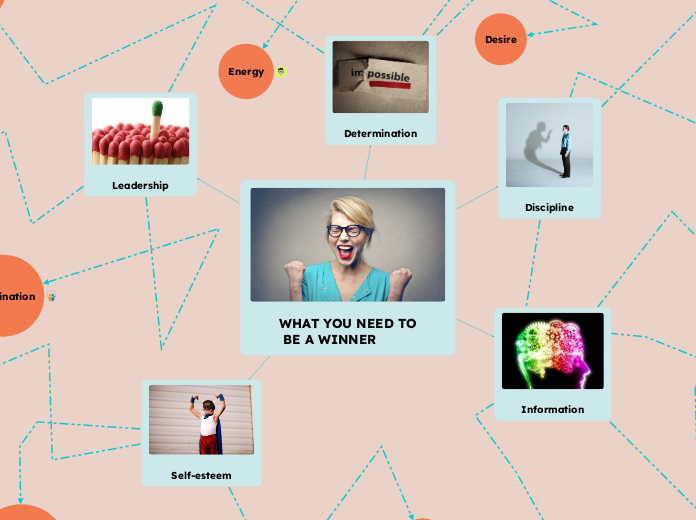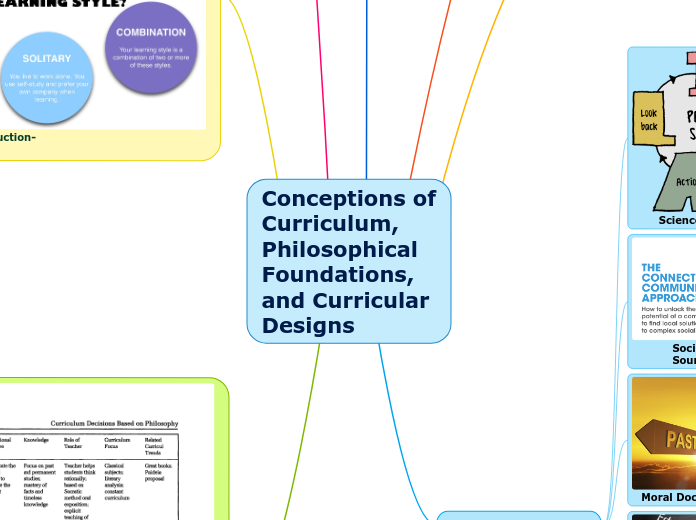E-Learning Theories
Constructivist Theory
Interaction - through interaction with instructors, classmates, community and content, learners should construct their own knowledge.
Transformative Learning - "reflectively transforming the beliefs, attitudes, opinions, and emotional reactions that constitue our meaning, schemes or transforming our learning perspectives.
Situated Learning - learning is contexual
Motivational Theory - uses extrinsic motivational strategies
Wilson
Cooper
personlize information into peronsal knowledge
Information and world are interpretted by personal reality of learner
Learn by observing, processing and interpretation
Behavorist
- Changed observable behavior
- Change indicates mastery
Skinner
Pavlov
Thorndike
Change indicates mastery
Changed observable behavior
Connectivist
Theorist
Sieman
Learning is not under the control of the learner
Learners have to unlearn what they have learned in the past and learn to relearn and evaluate new information
What must be learned is determined by others and continually changing.
integration of principals explored by chaos, network, complexity and self-organization
Cognitivist Theory
Terms
Cognitive Style - a learner's preferred way of processing information.
Learning Styles - how a learner percieves, interacts with, and responds to the learning environment; measures individual differences.
Metacognition - learner's ability to be aware of his or her cognitive abilities and use them to learn.
Keller's ARCS Model - Attention, Relevance, Confidence, Satisfaction
Duel-Coding Theory - information recieved in different modes will be processed better than that presented in a single mode.
Theorists
Tuluing
Ausbel
Lockhart
Craik
Traits
Amount learned depends on the learning process
Learning is internal
Reflection plays an important role.
Learning involves use of memory, motivation, and thinking.









